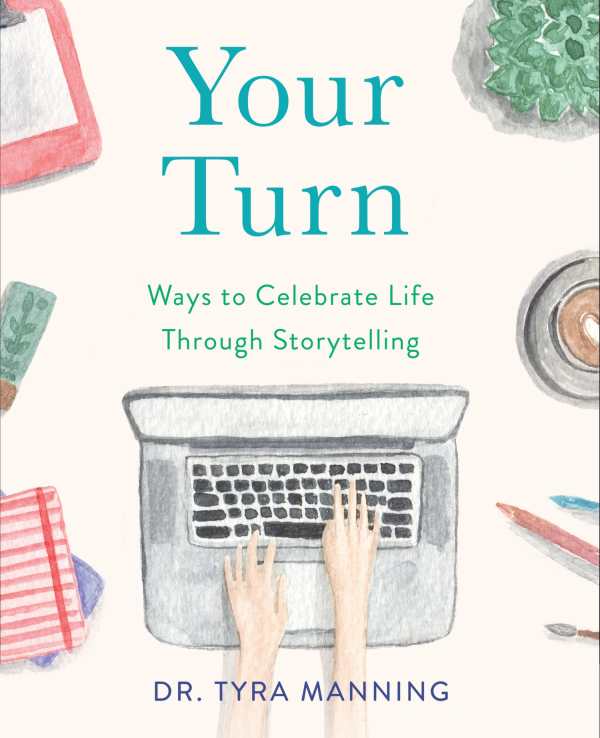Your Turn
Strongest in its memoir aspects, Your Turn excels in exploring the myriad ways that storytelling can improve and encourage appreciative living.
Tyra Manning’s memoir and self-help book Your Turn focuses on successful methods for working through mental illness and leading a fulfilling life.
In her youth, Manning suffered tragedies that shaped her outlook, including the death of her father, her teen pregnancy, and the death of her first husband in Vietnam. These events, among others, led her to sign herself into a mental institution to combat her depression, eating disorder, and alcoholism.
With humility and grace, Manning describes how she came to thrive despite her mental struggles. Each chapter focuses on one aptly chosen theme, from “Listening to Your Inner Voice” to “Choosing Gratitude.” Billed as a storytelling self-help book, the text includes sections that encourage readers to explore its topics on their own.
Each chapter reads like an individual essay, though all are connected. The book moves in mostly chronological order, focusing most on Manning’s time in the psychiatric hospital. Some factors are reiterated across different essays, and while this enables reading chapters on their own for those interested only in certain themes, some scenes are repetitive when the book is read straight through.
Still, each mention of a specific incident—such as a drunk driving accident in 1978—is written in a new way when it is repeated, adding depth to the event. The “Addiction” chapter, for example, focuses on how the accident was a wake-up call for Manning, while the “Moving On” chapter shares how she recovered from her injuries and how the accident affected her second marriage.
Manning’s writing style is heartrending and no nonsense—an example of excellent storytelling that will help seeking audiences heal on their own. At all turns, the prose is satisfying, humble, and deep.
The purpose of the book is two-fold but muddled. As a writing guide, it provides little direction. Its “Your Turn” sections are repetitive, and there is not much workbook potential within them. Without these “Your Turn” pages, the book operates more as a memoir than as a storytelling guide, and approached as such is an eye-opening story that moves through mental illness, addiction, and grief. The self-help aspects of the book mask some aspects of this personal story, hiding its compelling and eloquent qualities.
Your Turn, a memoir disguised as a writing guide, excels in exploring the myriad ways that storytelling can improve and encourage appreciative living.
Reviewed by
Aimee Jodoin
Disclosure: This article is not an endorsement, but a review. The publisher of this book provided free copies of the book and paid a small fee to have their book reviewed by a professional reviewer. Foreword Reviews and Clarion Reviews make no guarantee that the publisher will receive a positive review. Foreword Magazine, Inc. is disclosing this in accordance with the Federal Trade Commission’s 16 CFR, Part 255.

